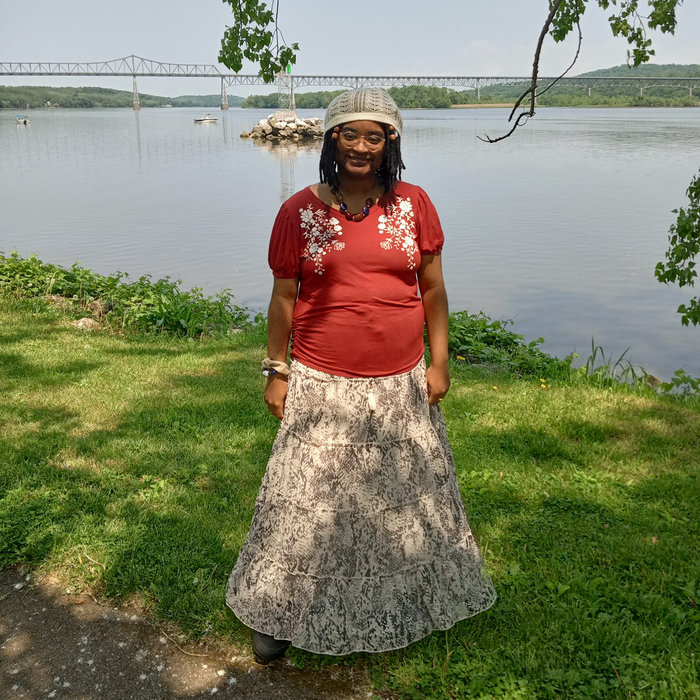Applying to PhD programs can be confusing. There is little advice about how to apply for a PhD. So, here are 3 tips for navigating the PhD application process! My experience has been with the American PhD process, but the advice should be applicable to most countries.
1. Research the PhD Programs You’d Like to Apply to
The first step is to research the PhD programs you are interested in. When I was a PhD applicant, I looked up different universities based on degree options, research interests, and faculty. I suggest considering at least three related majors that you are interested in as doing so may increase your choices for PhD programs. I recommend considering majors that you see yourself having a career in. Researching programs with a single major limits your options for PhD programs and future career choices.
I advise researching faculty members and current PhD students at these institutions. To do this, go to the departmental site and click on faculty and graduate students. While researching this information, look at aligned research interests, diversity, educational resources, and departmental activities.
2. Applying for PhD Programs
When applying for PhD programs, I was unaware of the admissions process. I was unaware of this process because I received very little mentorship. I only applied to two PhD programs and was admitted into one program. Always apply at least 2-3 months before the application deadline. Doing so will help you plan accordingly.
I recommend applying for up to 10-15 programs. When applying to multiple programs, you increase your chances of gaining acceptance into a doctoral program. Applying to different programs enables you to compare offers. For instance, one college may offer you more funding than another. It is also important to consider the distance between the universities. Where are these universities located? I recommend applying to universities from different states. However, I suggest taking an offer close to your hometown. Doing a PhD is a gruelling process and seeking support from family and friends is important. I also suggest reaching out to current graduate students and asking them about their experiences. Please note that the experience of each doctoral student is unique. It is crucial to keep this in mind when hearing the perspectives of current PhD students.
3. What Makes You a Strong PhD Applicant?
The different aspects to your application all recommend you as a strong applicant. This includes writing samples (depending on your country), strong letters of recommendation, academic credentials, CV/ resume, extracurricular activities, and a personal statement.
I advise submitting a writing sample of at least 20-25 pages. Your chosen writing sample must demonstrate your knowledge of scholarly work, for example, an excerpt of a Master’s thesis or a seminar paper from a graduate course. Do not submit a research proposal. When I applied to my first PhD program, I made the mistake of submitting a research proposal. A research proposal doesn’t attest to your abilities as a researcher, only what you propose to do. When submitting a seminar paper or a thesis, ask two faculty members to give constructive feedback on your work. This feedback will help you to improve your writing and research skills, which, in turn, will make you a more attractive for consideration for PhD programs.
When requesting letters of recommendation from faculty members, your Master’s thesis advisor is your advocate. Your thesis advisor can attest to your abilities as a researcher and scholar. It is crucial to ask a faculty member to provide a strong letter of recommendation for you. Academic credentials, whilst important, are not the sole basis of admission consideration.
Most PhD programs in the US holistically evaluate the applicant’s intellectual potential, personal background, research interests, and volunteer engagements. Your GPA plays a factor in admissions decisions; however, colleges are interested in what research contributions and innovative ideas you can bring to their departments. Some PhD programs may require a CV or résumé for fellowship consideration. Before submitting your CV or résumé, I suggest asking your advisor or a career consultant to look over this. These professionals can offer some advice about proper formatting such as line spacing and structure. Always list extracurricular and volunteer activities when submitting a personal statement. The ability to engage in volunteer work is a form of altruism.
Final Thoughts
The PhD application process is stressful and requires attention to detail. The details required are used to align your research interests with faculty members, the departmental culture, and the community. When applying to various PhD programs, it is important to take breaks, pace yourself and stay hydrated. Some institutions allow you to save your application and return to it later. If your PhD application is unsuccessful, please remember that you can normally reapply next cycle. Although this process is strenuous, it is an important milestone and a journey for us all to take toward advancing our educational values and careers.






